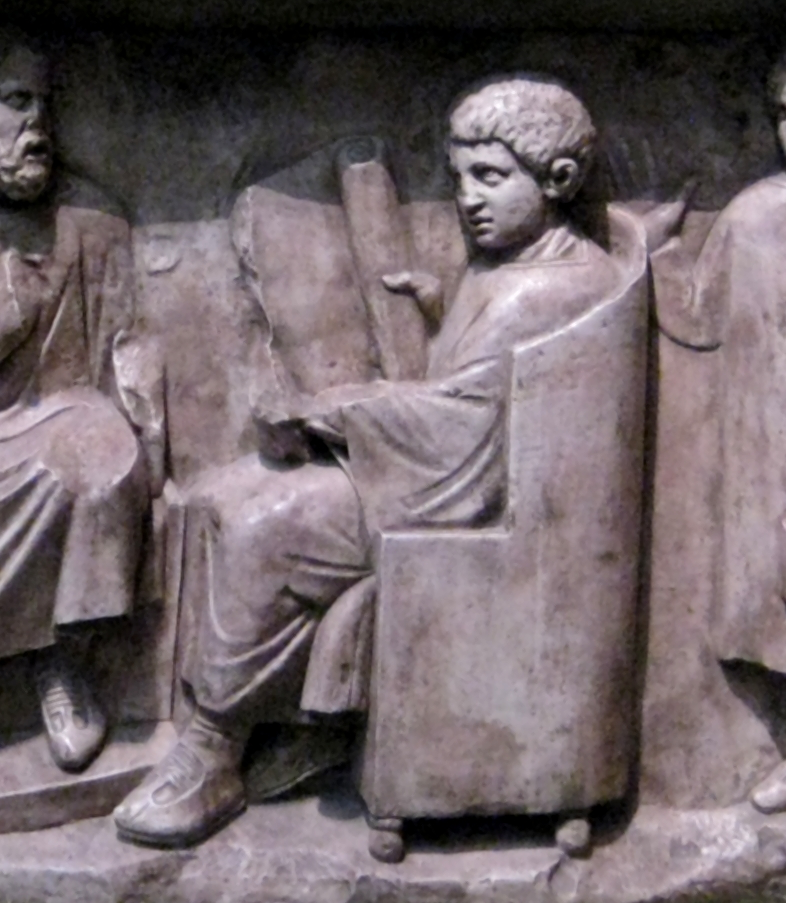Perhaps the most famous physical book in Latin literature is the libellus offered to Nepos by Catullus in the first lines of the poem that opens his Carmina. Such instances of literary materiality—the description of books as physical objects within the diegetic frame of a literary work—constitute the main body of literary evidence for the study of the ancient book. Poets imagining their own books (and those of other poets) have thus been allowed to write much of our ancient history of the book.
But there are realms beyond poetry: this paper proposes a new model of Latin materiality to account for the variety of ways books appear in prose literature from the Roman empire. This “prose materiality” sheds light on new realms of the ancient experience of the book: imagined by Greek and Roman imperial writers as media of knowledge and authority, books prove to be disruptive, destabilizing and highly-charged presences in ways that echo but also far surpass the libelli of the Latin poets.
Produced from togas, pulled from shelves, or offered for sale, Roman books are invested with powerful qualities of attraction and discomfort. Described and imagined in terms not just of their content but of the quality and circumstances of their production, their material dimensions, and the institutional and social structures that collect and provide access to them, books are made, by prose authors, into symbols of the fundamental forces and concerns of elite, literate Roman society.


 Department of Classical Studies
Department of Classical Studies